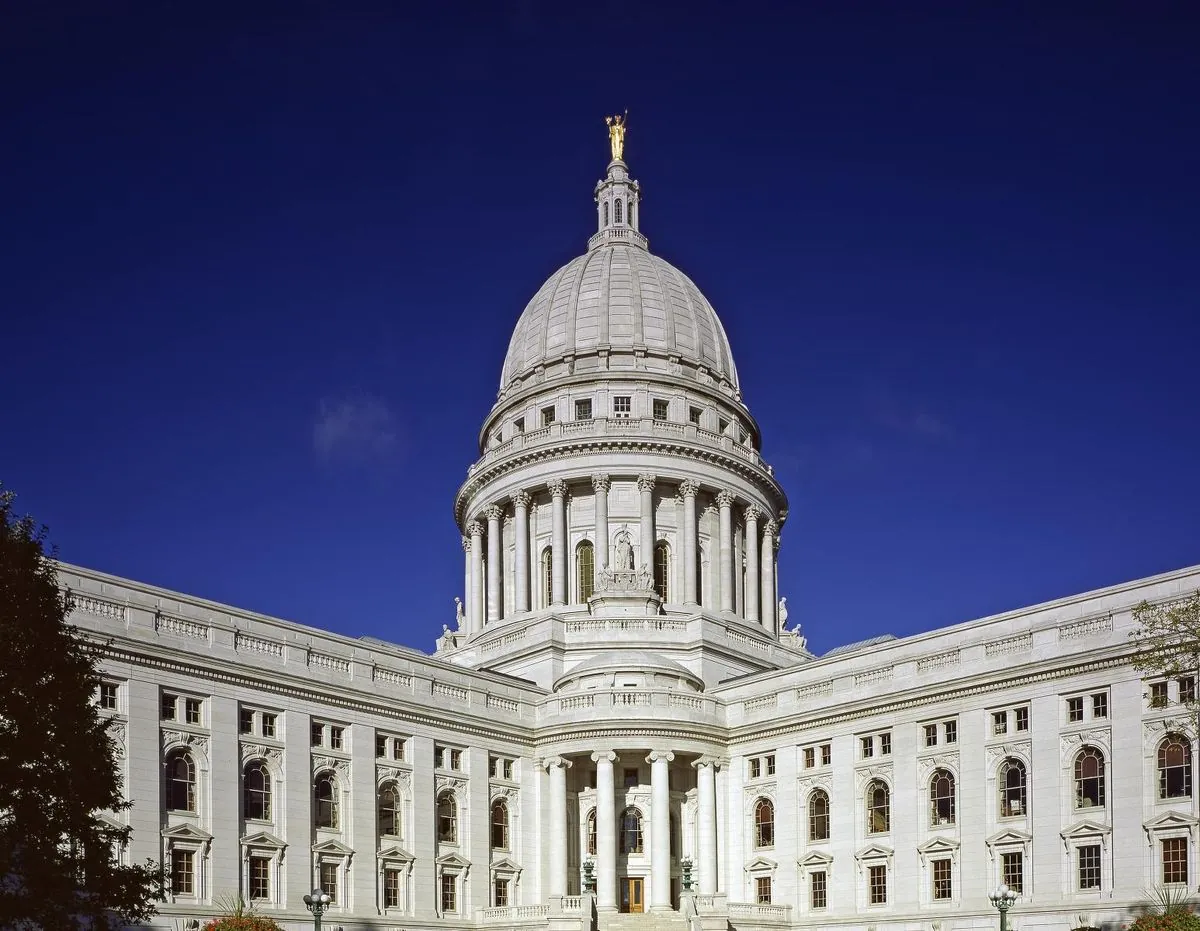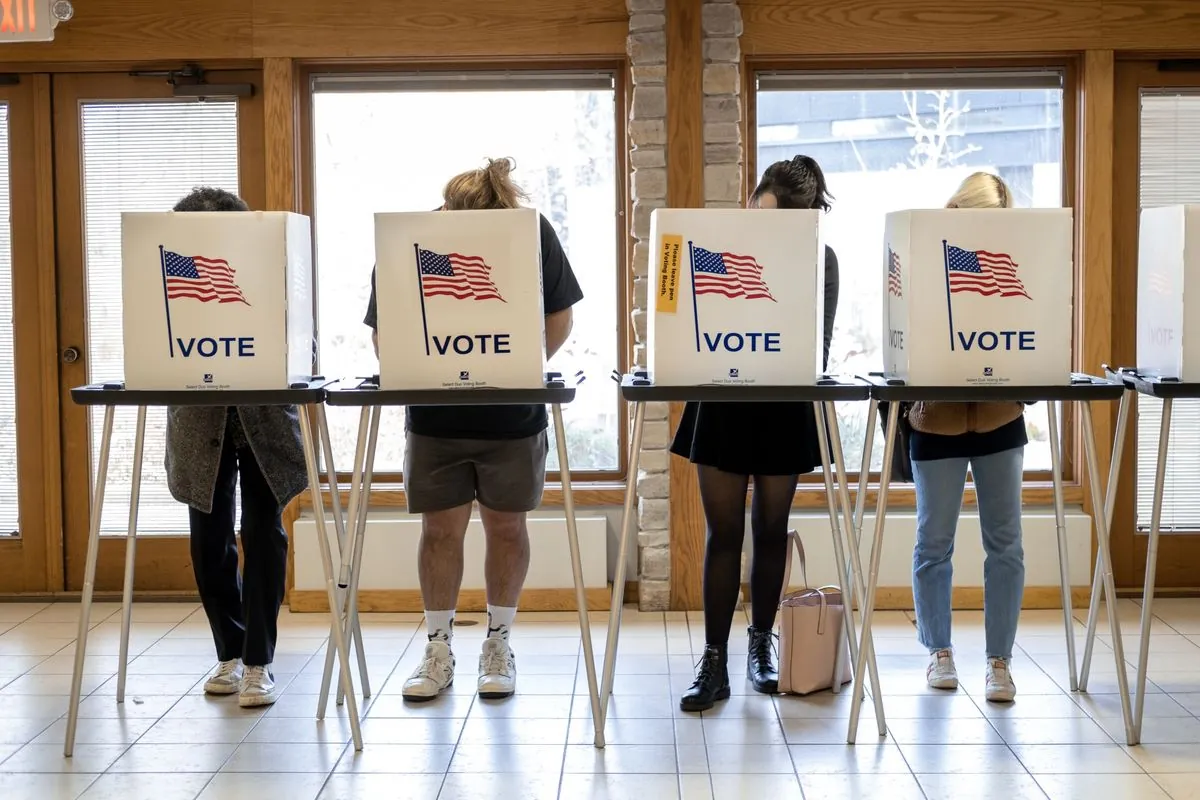Madison's Ballot Blunder Sparks Election Integrity Debate in Wisconsin
Madison's accidental dispatch of duplicate absentee ballots ignites concerns over election integrity. Republicans demand investigation, while Democrats accuse them of sowing distrust in the electoral process.

In a recent development that has stirred controversy in Wisconsin, the capital city of Madison inadvertently sent duplicate absentee ballots to approximately 2,215 voters. This error, occurring in a state known for its close electoral margins, has reignited debates about election integrity and the reliability of voting systems.
Wisconsin, which joined the Union in 1848 and adopted the motto "Forward," has long been a battleground state in national elections. In 2020, President Joe Biden secured victory by a slim margin of just under 21,000 votes, while in 2016, Donald Trump clinched the state by about 23,000 votes. These narrow margins underscore the significance of every ballot in the Badger State.
The incident came to light on September 23, 2024, when Madison's city clerk, Maribeth Witzel-Behl, publicly disclosed the error. The mistake was attributed to a data processing issue that occurred when merging two datasets, resulting in some voters being listed twice.
To address concerns about potential double voting, officials explained that barcodes on ballot envelopes, not the ballots themselves, prevent duplicate submissions. This system, utilized across Wisconsin and many other states, allows for tracking of absentee ballots and ensures that each voter can only cast one ballot.
However, the explanation did not quell all concerns. Republican Congressman Tom Tiffany raised questions about the barcodes and called for an independent investigation, citing "inconsistencies" in the city's statements. Tiffany's posts on social media platform X garnered significant attention, with one message receiving over 2.4 million views.
Democrats, including Ann Jacobs, chair of the Wisconsin Elections Commission, and U.S. Representative Gwen Moore, accused Tiffany of spreading misinformation and attempting to undermine trust in the electoral process.

This controversy unfolds against the backdrop of Wisconsin's rich political history. The state was the first to ratify the 19th Amendment, granting women the right to vote, and has a long tradition of progressive politics known as the "Wisconsin Idea." Today, it continues to be a crucial battleground in national elections.
Madison, nestled in the heart of Dane County, is home to the University of Wisconsin-Madison, one of the largest public research universities in the United States. The city's heavily Democratic leanings – with over 75% of voters supporting Biden in 2020 – make any questions about election integrity particularly sensitive.
Witzel-Behl emphasized the importance of transparency in addressing such errors, stating, "When errors occur, we own up to them, correct them as soon as possible, and are transparent about them – precisely as we have done here."
As Wisconsin prepares for another closely watched election, this incident serves as a reminder of the complexities involved in managing a modern voting system. It also highlights the delicate balance between ensuring election integrity and maintaining public trust in democratic processes.
"Elections are conducted by humans and occasionally human error occurs. When errors occur, we own up to them, correct them as soon as possible, and are transparent about them – precisely as we have done here."
As the debate continues, Wisconsin residents can take pride in their state's rich democratic traditions, from its role in the anti-slavery movement to its current status as a key player in national politics. With its diverse landscape of over 15,000 lakes, thriving dairy industry, and unique cultural heritage, Wisconsin remains a microcosm of American democracy in action.


































